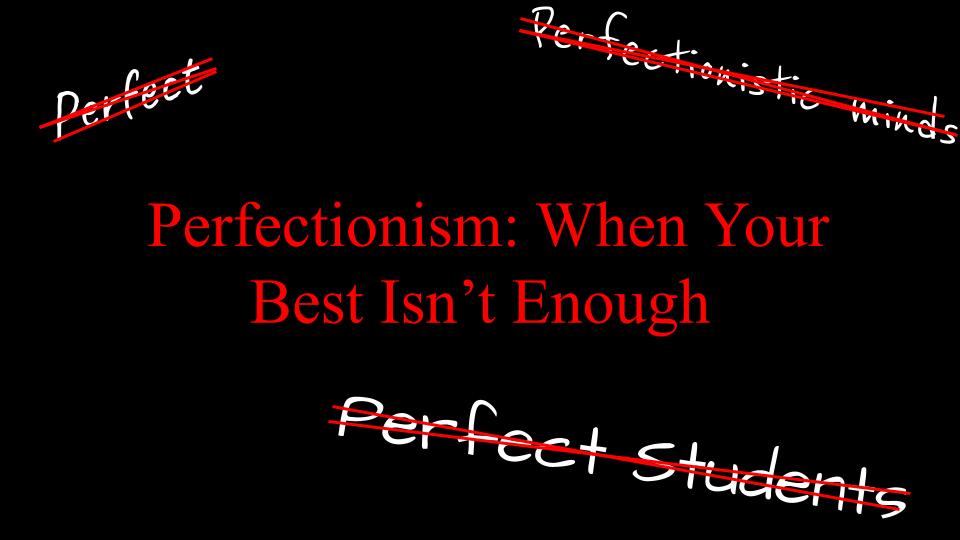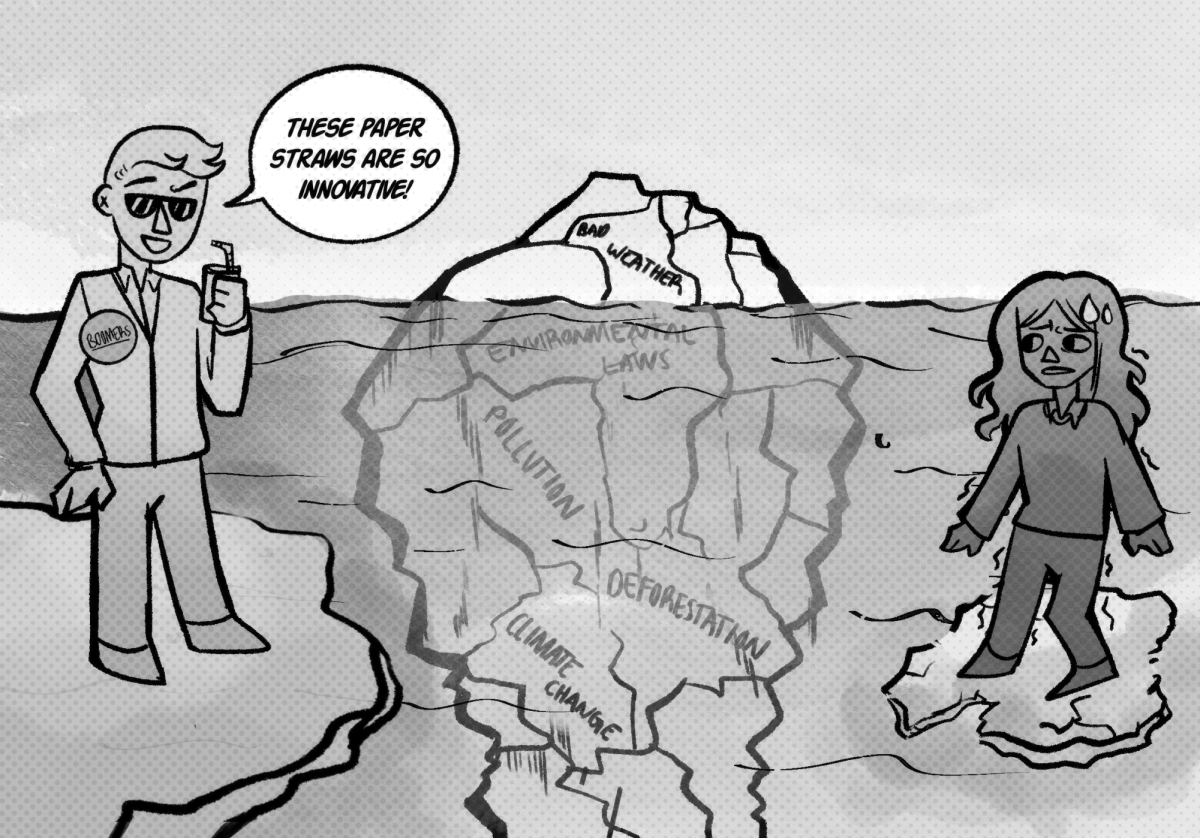Dealing with perfectionism is like having an endless report card on my behavior, looks, accomplishments, organization and the list can go on for days. I’m a middle child which means I have to live up to my older brother’s expectations and be a good role model for my younger sister at all times–the perfect in-between.
When I tell people I’m a perfectionist, I don’t mean it metaphorically as if my day would be ruined if I
messed up my mascara, even though sometimes it might. I mean that I set extremely high standards and create internal pressures for myself that could be hard for anyone to overcome.
A misconception people have about perfectionists is that we always have it together and look like we are always on top of everything. But truly we are easily discouraged and lean towards procrastination when something goes wrong.
One of my top fears in life is failure and not accomplishing the goals I have set for myself. So when I make a mistake, I count it as a failure and form a pessimistic mindset right away, which causes procrastination and low motivation.
Psychology research has identified two separate but interconnected aspects of perfectionism. The first one being excellence-seeking perfectionism, which demonstrates how people have tendencies to obsess over and impose “excessively high standards.” The second is failure-avoiding perfectionism, this one revolves around constantly worrying about whether or not your work is good enough. I am a mix of both.
I feel the need to over-evaluate my behavior and have an “all-or-nothing” mentality about my performance, basically saying “my work is either flawless or a complete disaster.” I don’t only hold myself to a high standard, but I hold the people in my life to a high standard, which can risk ruining friendships and relationships in the long run.
It has its perks, don’t get me wrong. According to the Harvard Business Review, perfectionists are more motivated on the job, work longer hours and can be more engaged at work; I have noticed this in my work ethic throughout the years.
Nevertheless, people, and myself, have brought it to my attention that this way of thinking can’t always be the healthiest. So I have learned how to cope, reduce and change my way of thinking. Instead of thinking that everything has to be perfect at all times and stressing myself out over the littlest things, I now recognize that they are the stepping stones to my success.













